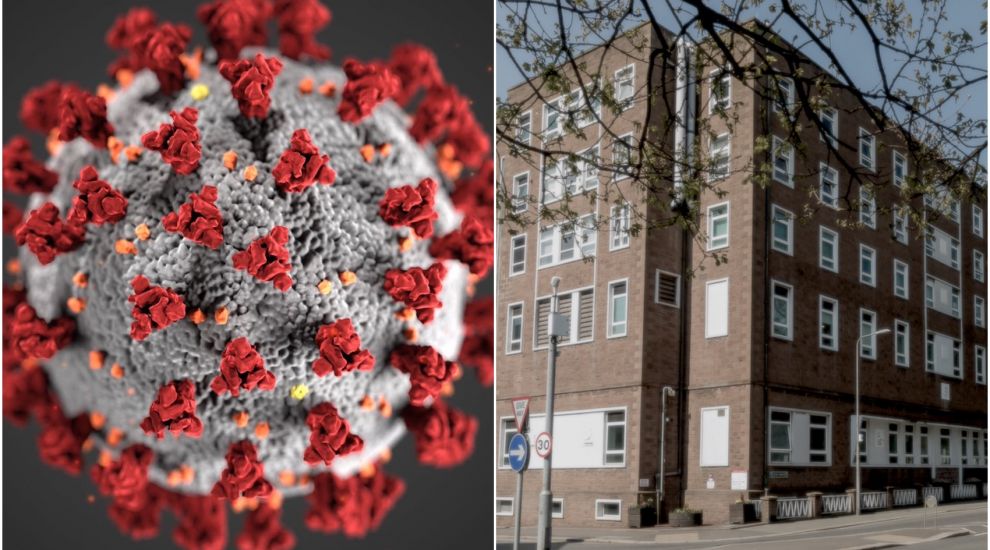


While the peak of Jersey’s third covid wave was more than twice the scale of the second, the ratio of people who died was much smaller than what had come before.
With the island’s ‘summer wave’ now appearing to have petered out, and the number of daily positive cases around 30, Express took a look at how it progressed throughout July and August, and how this differed to the ‘crisis’ of November and December.
A graph included in the latest weekly covid statistics illustrates how the link between cases and mortality has been broken.
It shows the volume of daily cases and calls to the covid helpline since 16 August last year, but also includes key factors in the last 12 months that contributed to a rise or fall in cases, such as the reopening of schools or the introduction of last December’s ‘hospitality circuit-breaker’.
The 14-day number of cases per 100,000 population for Jersey was 335.81 as of Friday, and the seven-day rate was 186.46.
At its high point on 23 July, the 14-day rate was 2,889.61 cases, while the seven-day rate’s peak on 21 July was 1,695.41 cases.
At the third wave peak of new cases, in the second week of July, the island was seeing more than 250 asymptomatic cases daily and more than 200 symptomatic cases each day.
CLICK TO ENLARGE: A graph illustrating Jersey's Covid journey over the last 12 months. Click to enlarge.
During the third wave, there have been nine covid-related deaths recorded.
From 21 June to 26 August, the number of confirmed cases jumped from 3,313 to 9,224 – an increase of more than 5,911 case in just over three months.
By comparison, 3,000 cases had been reached back on 12 January, more than five months earlier.
In the second wave, there were far fewer daily cases: around 70 asymptomatic cases and 50 symptomatic cases at its peak just before Christmas.
Between 17 December 2020 and 24 February 2031, there were 37 deaths, which took the total from 32 deaths to 69.
Before that, between 10 March 2020 and 17 August 2020, there were 31 covid-related deaths and, between 17 August and 16 December, there was one covid-related death.
After 24 February this year, there were no more covid-related deaths registered until 2 August. Between then and now, there have been nine covid-related deaths, taking the total to 78.
The Government has been clear that widespread vaccination has broken the link between covid cases and deaths.
Currently, 68% of the adult population have been fully vaccinated. But the figure is close to 100% for islanders aged over 50, whose age group is more vulnerable to severe effects of covid.
The key factors identified as contributing to rises or falls in case numbers over the past year include the reopening of non-essential retail at the beginning of February, which was followed by a spike in the number of people phoning the covid helpline to report two or more symptoms, but not a corresponding rise in cases.
CLICK TO ENLARGE: A graph showing seven-day and 14-day cumulative covid cases over the past two months.
The reopening of travel with the rest of the world in late May marked the start of this summer’s rapid rise in symptomatic and asymptomatic cases, which only started to decline once mandatory mask-wearing and the work-from-home recommendation was reintroduced in mid-July.
There are currently just under 316 cases in Jersey, 213 of which are symptomatic and 103 asymptomatic.
Just two people are in hospital, and no care home residents are recorded as having the illness.
Comments
Comments on this story express the views of the commentator only, not Bailiwick Publishing. We are unable to guarantee the accuracy of any of those comments.